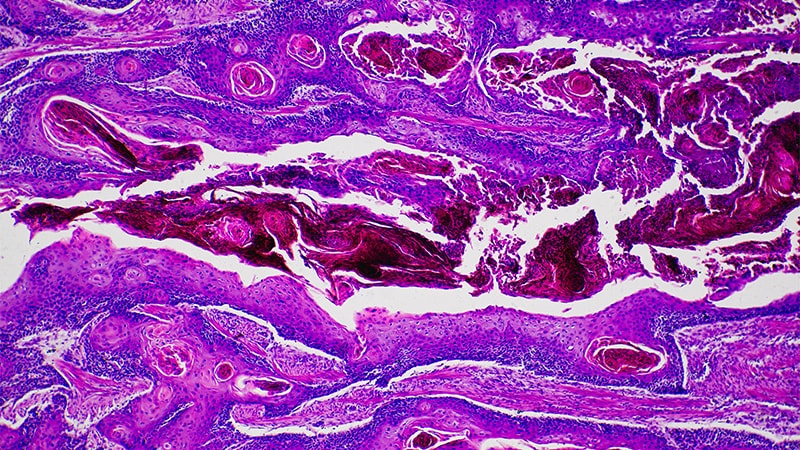Takeaway
- Symptoms of depression at initiation of first biologic therapy are associated with reduced long-term odds of clinical remission in patients with rheumatoid arthritis (RA).
Why this matters
- These results contribute to the growing body of literature highlighting the role depression plays in predicting long-term health outcomes and treatment response in RA.
- Screening and management of mental disorder may improve treatment response and reduce the need to switch biologics.
- Depression should be routinely measured in RA clinical trials and in clinical practice.
Key results
- At 1 year, 5271 (34.3%) patients had reached a disease activity score-28 (DAS28) of ≤3.2 and an improvement in DAS28 from baseline of >1.2.
- At 1-year follow-up, 17.9% had switched biologic.
- Switching was significantly higher in patients reporting a history of depression, and depressive symptoms according to the Medical Outcomes Survey 36-item Short-Form and EuroQol five-dimension scale at baseline.
- Compared with patients without a history of depression, patients reporting a history of depression were 20% less likely to have good treatment response at 1-year follow-up after adjusting for covariates (OR, 0.80; 95% CI, 0.69-0.92).
- Patients with a history of depression had significantly lower baseline DAS28 (B=−0.07; 95% CI, −0.12 to −0.02).
- Patients with a history of depression reported a decrease in DAS28 score of −0.36 between baseline and 1-year vs a decrease of −0.4 in those without a history of depression.
Study design
- Analysis of data from the national prospective British Society for Rheumatology Biologics Register for Rheumatoid Arthritis (BSRBR-RA), containing information on 18,421 patients with RA starting a new biologic since 2001.
- Funding: No specific funding.
Limitations
- Not adjusted for treatment type, or previous failure with conventional DMARDs.
- No data on concurrent mental health treatment.
References
References



